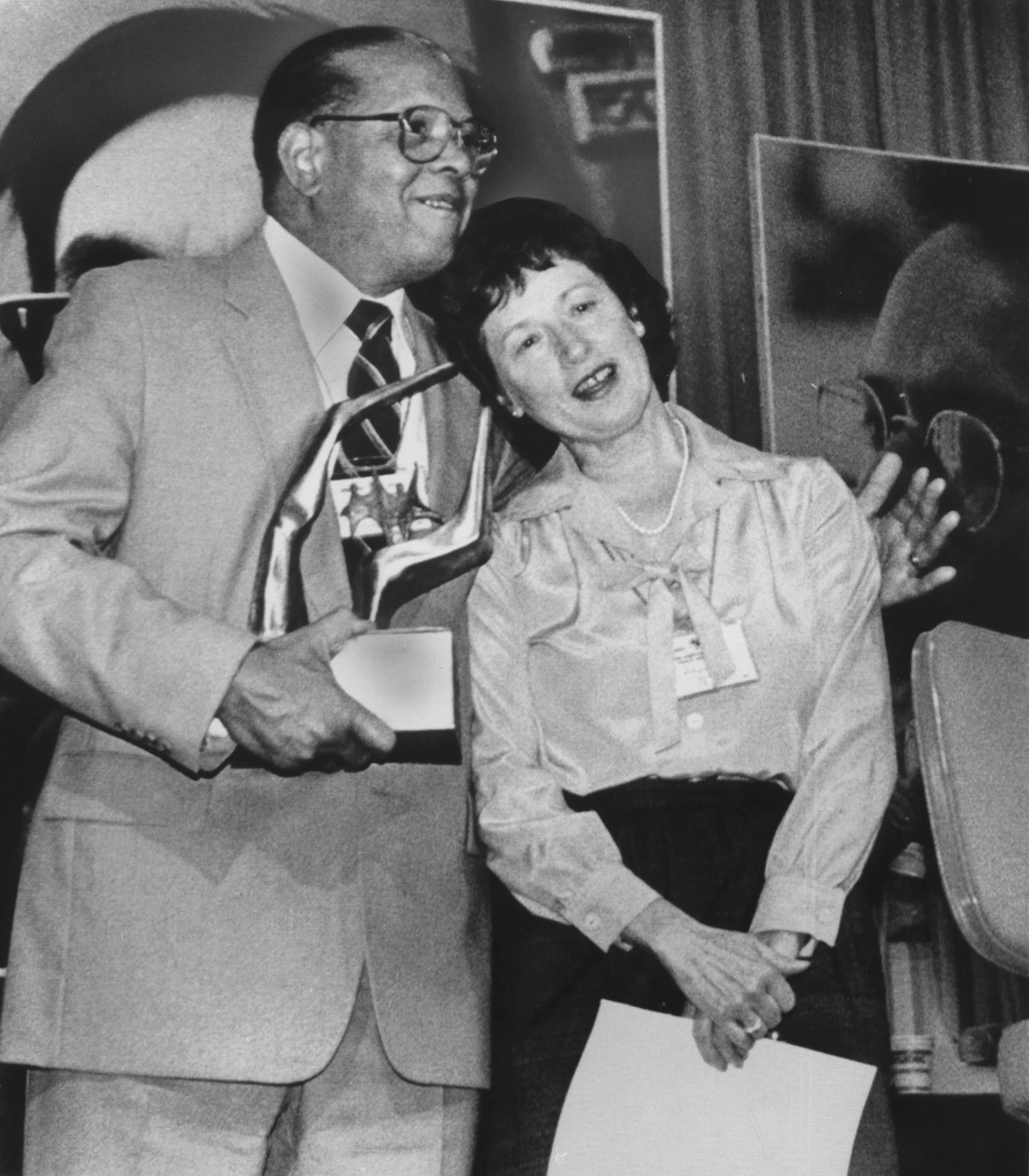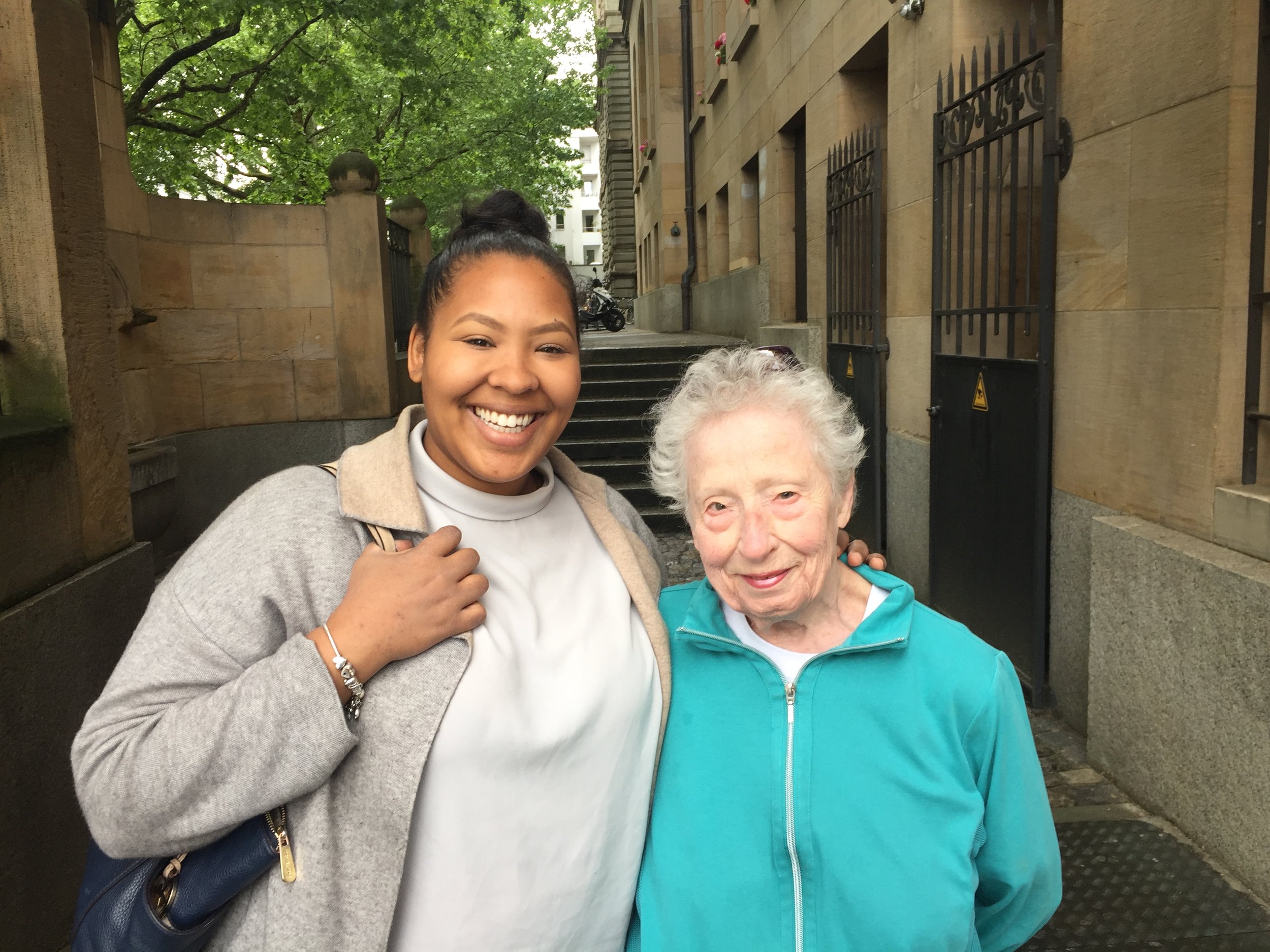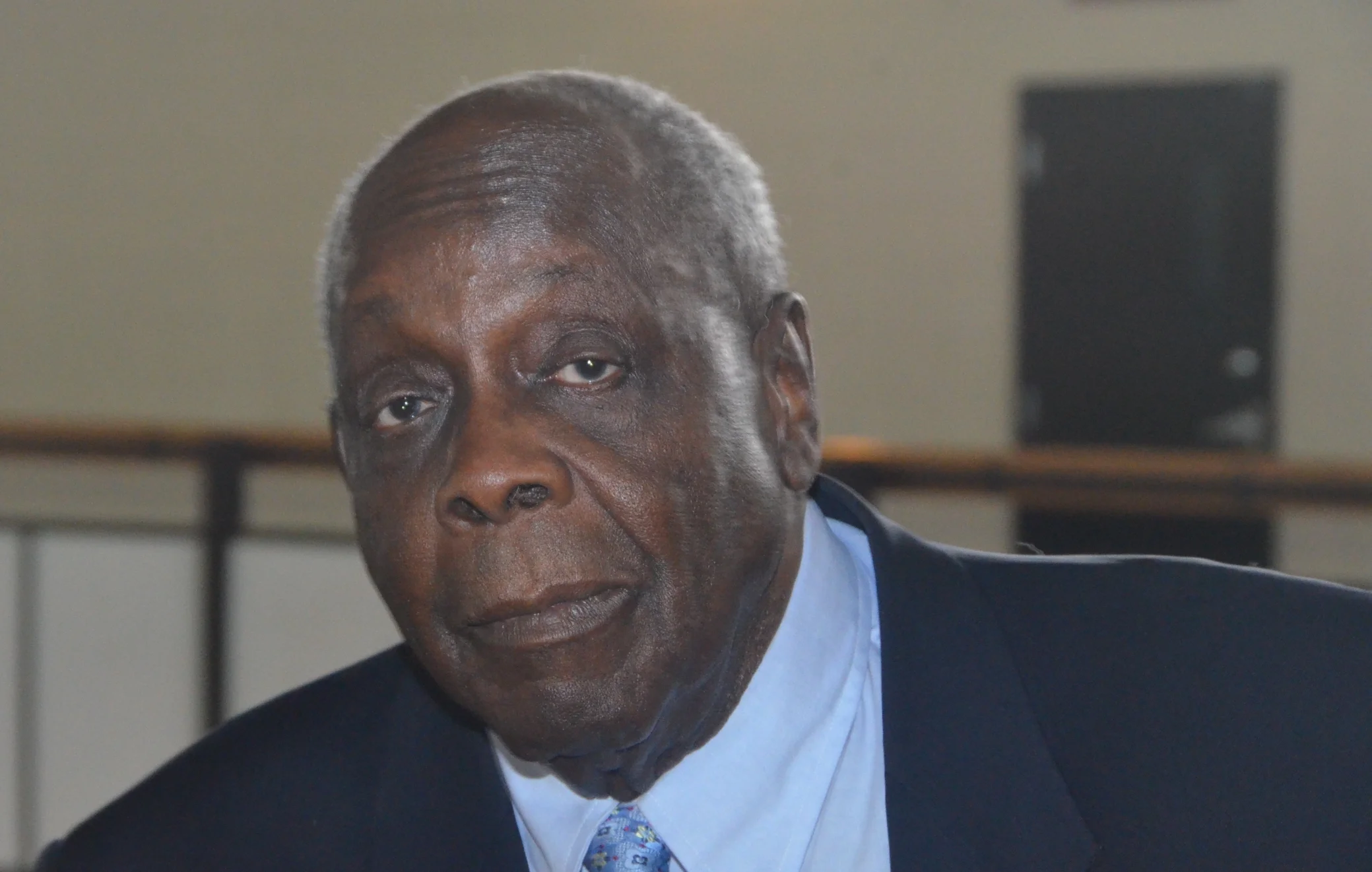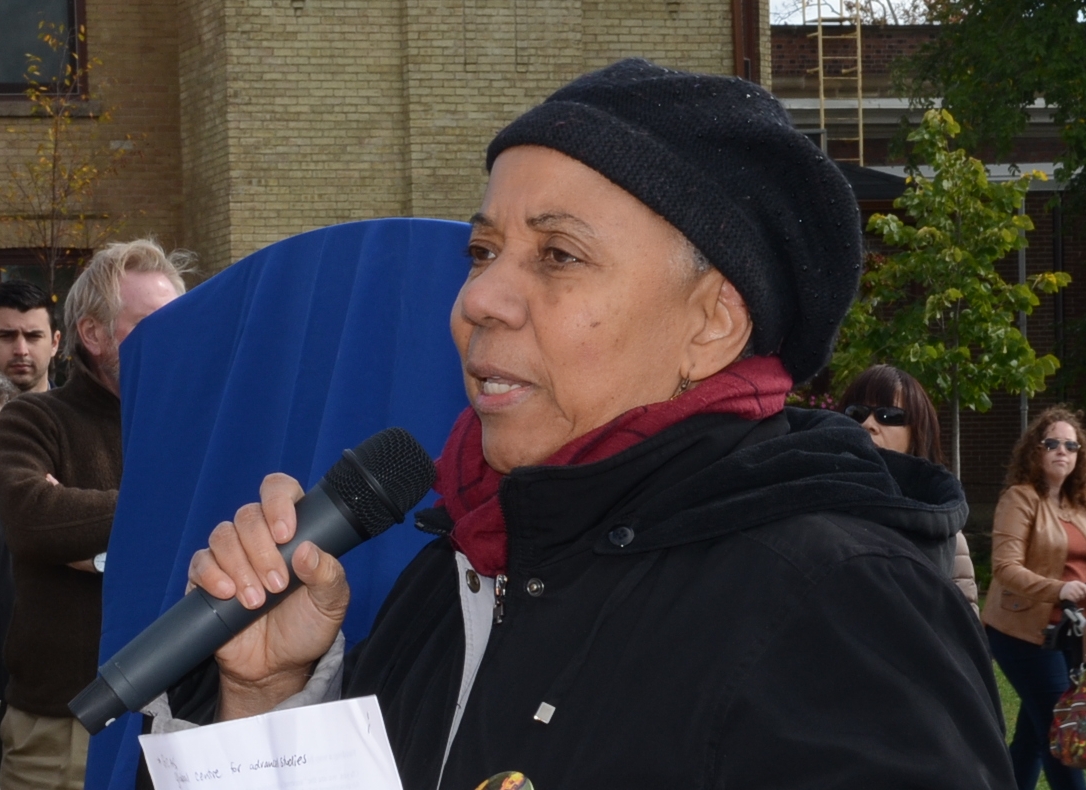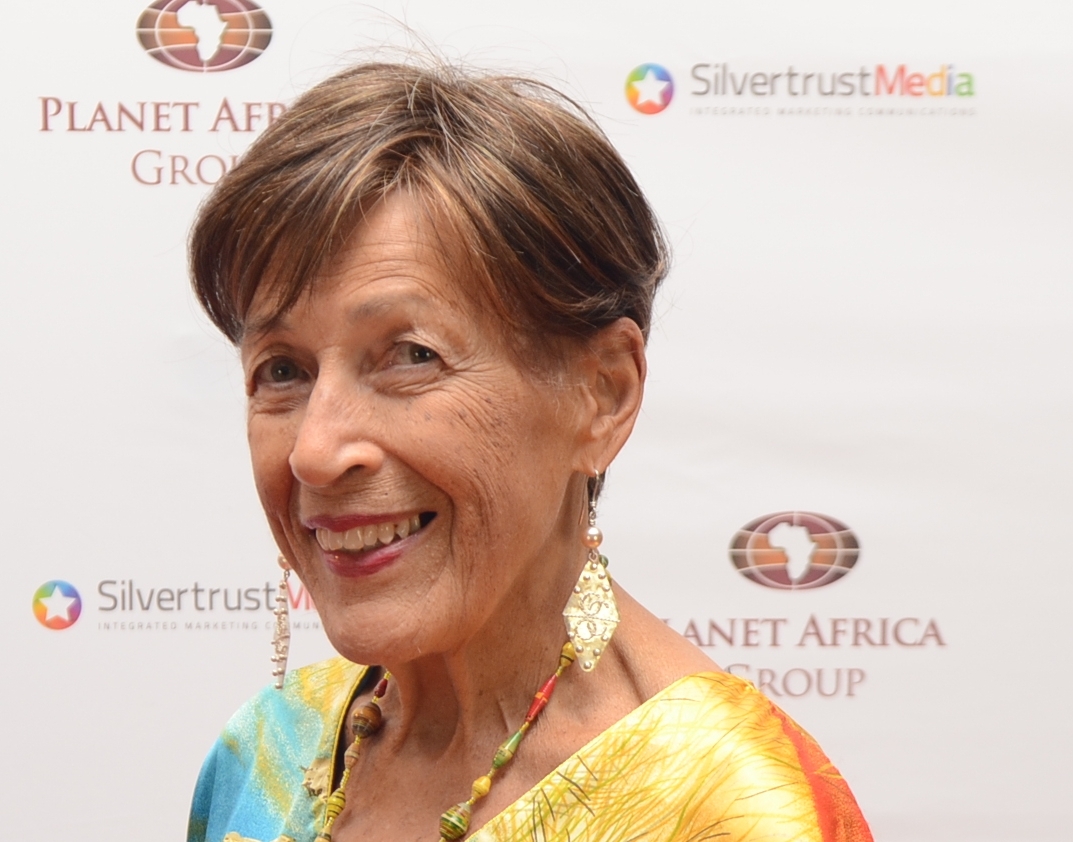Donna Hill dedicated her life to the upliftment of the Black community
June 27, 2018
While working quietly in the background on issues of importance to the Black community in Toronto and Canada, the argument can be made that Donna Hill’s impact was just as significant as her husband Dan Hill Sr., the Ontario Human Rights Commission (OHRC) founding director.
The civil rights activist ended her life by medically assisted death on May 17 in Switzerland. She was 90.
Hill wasn’t eligible for a physician-assisted death in Canada as the law limits it to mentally competent adults who have serious and incurable illness, disease or disability and where death is ‘reasonably foreseeable’.
The nonagenarian was an integral part of the 29-member delegation that travelled to Ottawa in April 1954 to protest the federal government’s restrictive immigration policy that shut out Blacks and other visible minorities. She typed the Negro Citizenship Association landmark briefs which, with the subsequent relaxation of immigration laws, opened the door for Caribbean nurses and domestics to secure employment in Canada.
Graduating in 1950 from Ohio’s Oberlin College with an undergraduate degree in sociology, Hill married the then Morgan State University sociology lecturer on June 8, 1953. The couple came to Canada the next day.
Leaving the United States for the first time in 1949, Dan Hill Sr. completed his graduate degree at U of T before returning south of the border on a one-year teaching assignment.
Subjected to racism in the land of his birth, he vowed never to go back to the United States after coming back to Canada for good 65 years ago.
The Hills’ along with the late Wilson Brooks and a few others met at the home of Bev Salmon and her late husband Dr. Douglas Salmon – Canada’s first Black surgeon and the first African-Canadian president of a hospital medical staff – 39 years ago to form the Ontario Black History Society (OBHS).
Donna and Dan Hill receiving a joint award from the Canadian Labour Congress in the late 1970s (Photo courtesy of Lawrence Hill)
Salmon, who spoke to Hill a week before she left for Switzerland, was caught off guard by her close friend’s death.
“When she told me she was leaving the country, I told her I would call when she got back and arrange a lunch date,” said Salmon, the OHRC’s first Black female commissioner and Urban Alliance on Race Relations co-founder.
The last time the friends lunched together was in February.
“It’s something we did on a regular basis, but I was away for six weeks,” Salmon, who learnt of Hill’s death through award-winning author Lawrence Hill’s essay in the Globe & Mail on June 1, pointed out. “We normally went to a very quiet place because of her hearing challenges.”
Salmon said Hill was ‘very modest and extremely accomplished’.
“Donna was very involved behind the scene on issues to make the Black community better and she just never got the recognition she deserved,” she added.
Historian and curator Dr. Sheldon Taylor said Hill was a humanist.
“Just look at her children and you get a sense of the kind of person she was,” he said. “It would take someone like her to mother a child like Dan Hill Jr. (he wrote the 1977 ballad, ‘Sometimes When We Touch’). The lyrics are very poetic and grounded in the fact that human beings are equal and we must do the best for each other. That’s why she did all that work with The League for Human Rights and was very supportive of the union movement in the 1950s. That’s why she was also so encouraging of all the benchmarks that would lead to the human rights directorate and the human rights commission that her husband was a significant part of. In her husband’s doctoral thesis, there is a lot of her in the way that he wrote about Black people in Toronto.”
Hill edited her husband’s groundbreaking thesis and his history book, ‘The Freedom Seekers: Blacks in Early Canada’ and authored ‘A Black Man’s Toronto: The Reminiscences of Harry Gairey, 1914-1980’ that comprises interviews with the community activist considered the patriarch of Toronto’s Black community.
“This was a woman who broke down barriers and made a decision that Black people must be able to look on the other side of the mountain,” added Taylor. “Because she was a White woman, she didn’t get the strength of support from a majority of Blacks, particularly in Toronto. The level of nationalism that the ‘newer’ community brought precluded her from being part of the tile that they were trying to construct. She was always overlooked despite the vital contributions she was making, many of which they have not taken the time to understand, yet they speak of inclusion. She stood outside of the limelight and fueled a particular kind of change that has helped us as a people and very few of us took the time to say thank you. If ever there was anyone deserving of a Harry Jerome Award, it was Donna Hill.”
Donna Hill and her grand-daughter Malaika Hill in Basel, Switzerland in May 2018 (Photo courtesy of Lawrence Hill)
OBHS president Natasha Henry noted that Hill was the matriarch of a family that has had a tremendous impact on the preservation and chronicling of Black history and contemporary Black life.
“This organization was born as a result of the vision of she, her husband and a number of other co-founders as part of their activism against racial injustice,” Henry, a doctoral candidate, said. “Donna recognized the impact that learning about our rich Black history in this country would have on not just her own children, but all children. Her passion and commitment to equity and justice made Toronto and Ontario better places."
Former OBHS president Rosemary Sadlier said Hill maintained a connection to the organization that she helped to create.
“She worked with our office managers and volunteers towards the success of the organization,” Sadlier said. “Though petite, she was a strong and focused woman and I know that her commitment to activism gave rise not only to the OBHS, but also a spirit of living in one’s truth that her children were able to express.”
In his Globe & Mail essay, Lawrence Hill expressed disappointment that Canada refused his mother the right to die with dignity in her own country.
“My mother was an activist her entire life,” the Order of Canada recipient wrote. “She fought for what she believed in. I hope her death will set in motion the changes necessary so that others in her situation will not be forced to journey across an ocean, away from their homes and loved ones, to make what is the most personal of choices.”
Donna Hill and her son Lawrence Hill in Basel, Switzerland in May 2018 (Photo courtesy of Lawrence Hill)
Hill was buried in Mount Pleasant Cemetery beside her husband who died in 2003 and her daughter, Karen, who passed away four years ago.


